The Apple Silicon chips in the new MacBook Pro are just the latest result in Apple's years-long plan to control every element of its products, says Johny Srouji in a rare interview.
As Apple's senior vice president, hardware technologies, Johny Srouji has been talked about as a successor to Tim Cook, and had been thought to be in line to take over Intel. Instead, he remains focused on developing Apple's processors, as he was when Steve Jobs recruited him in 2008.
Now as the new M1 Pro and M1 Max processors have been revealed, Srouji — plus Apple's John Ternus and Greg "Joz" Joswiak — have spoken about how the company got to this point. Talking to Wired, they all speak about how the aim was to have Apple design all it could, and the process was to work together.
"I always keep in mind that Apple is first and foremost a product company," said Srouji. "If you're a chip designer, this is heaven because you're building silicon for a company that builds products."
"When you're a merchant vendor, a company that delivers off-the-shelf components or silicon to many customers, you have to figure what is the least common denominator— what is it that everyone needs across many years?" he continues.
"We work as one team— the silicon, the hardware, the software, the industrial design, and other teams— to enable a certain vision," says Srouji. "We sit together, and say, 'Okay, is it gated by physics? Or is it something we can go beyond?' And then, if it's not gated by physics and it's a matter of time, we go figure out how to build it."
Srouji says that Apple began its efforts "with the CPU first," and then it went into graphics. "Then we went into signal processing, display engine, etc.," he explains. "Year over year, we built our engineering muscle and wisdom and ability to deliver."
One Apple
Specifically talking about this approach applied to the new MacBook Pro, John Ternus, vice president, hardware engineering, repeated Srouji's comment about teams working together.
"Traditionally, you've got one team at one company designing a chip, and they have their own set of priorities and optimizations," he told Wired. "And then the product team and another company has to take that chip and make it work in their design."
"With these MacBook Pros, we started all the way at the beginning— the chip was being designed right when the system was being thought through," continued Ternus.
Wired asked Ternus, Srouji, and senior vice president, worldwide marketing, Greg "Joz" Joswiak, about Google beginning to build its own silicon just as Apple has.
"Clearly, they think we're doing something right," said Joswiak.
Pressed for any advice Apple could give Google about working on new processors, Joswiak said: "Oh, I don't know. Buy a Mac."
 William Gallagher
William Gallagher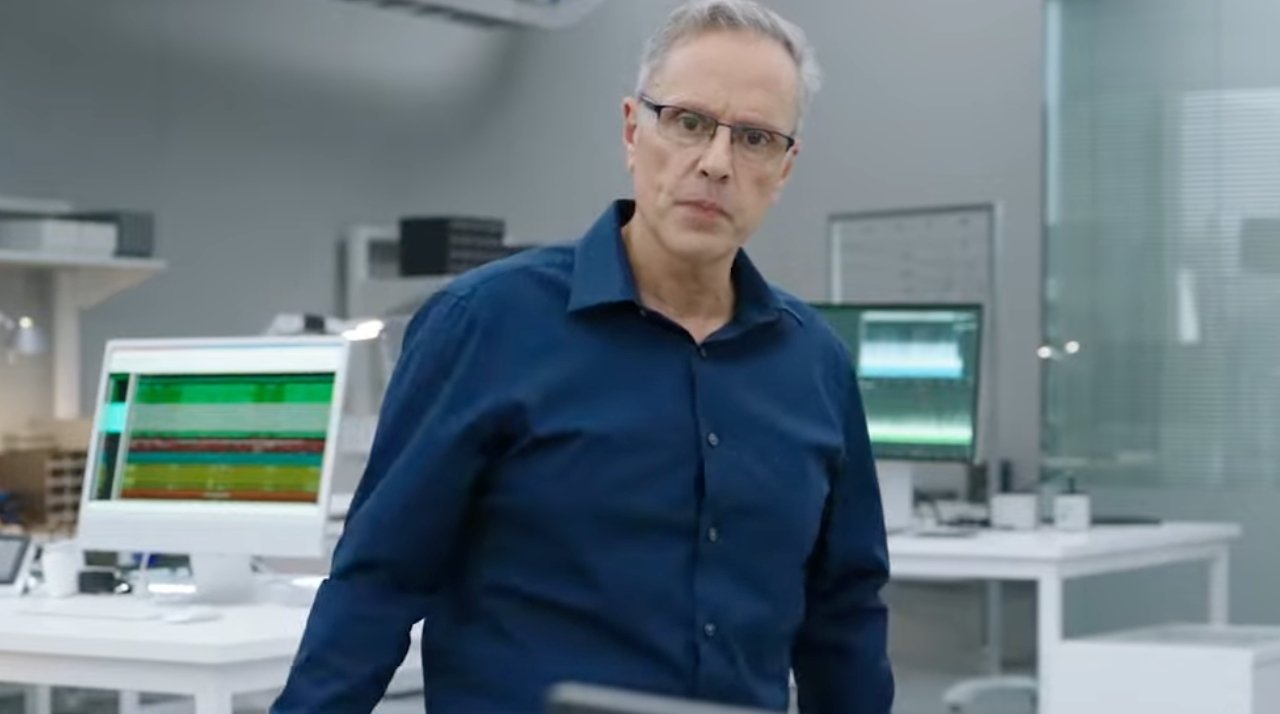
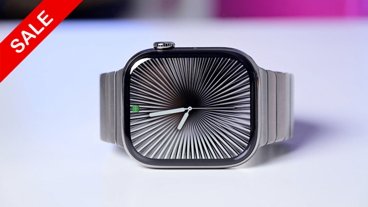
-m.jpg)






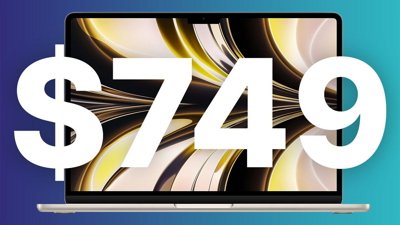
 Christine McKee
Christine McKee
 Andrew O'Hara
Andrew O'Hara
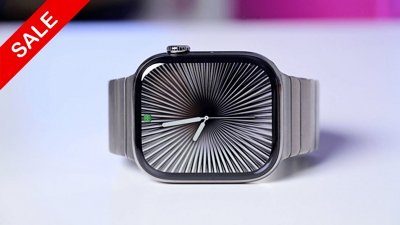
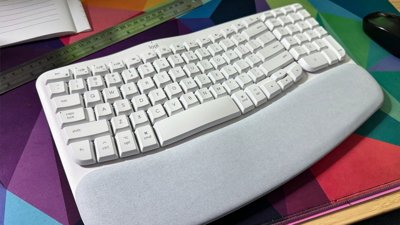
 Malcolm Owen
Malcolm Owen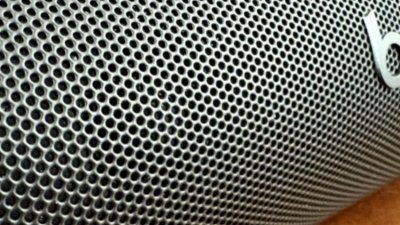
 Andrew Orr
Andrew Orr
 Sponsored Content
Sponsored Content






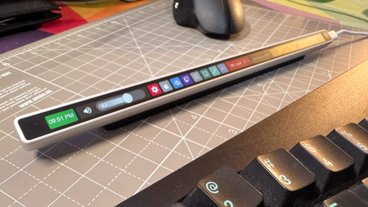
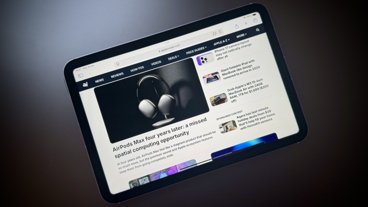

27 Comments
Joz always seems like such a happy trooper
Will Google be selling the chips, or are they going to try to blend Google os and chip?
Whatever Srouji has cooked up for the iMac Pro and Mac Pro will be otherworldly. Desktops with no thermal issues, no space confinements, no battery life issues, the mind boggles at what Apple Silicon might provide power users in those machines.